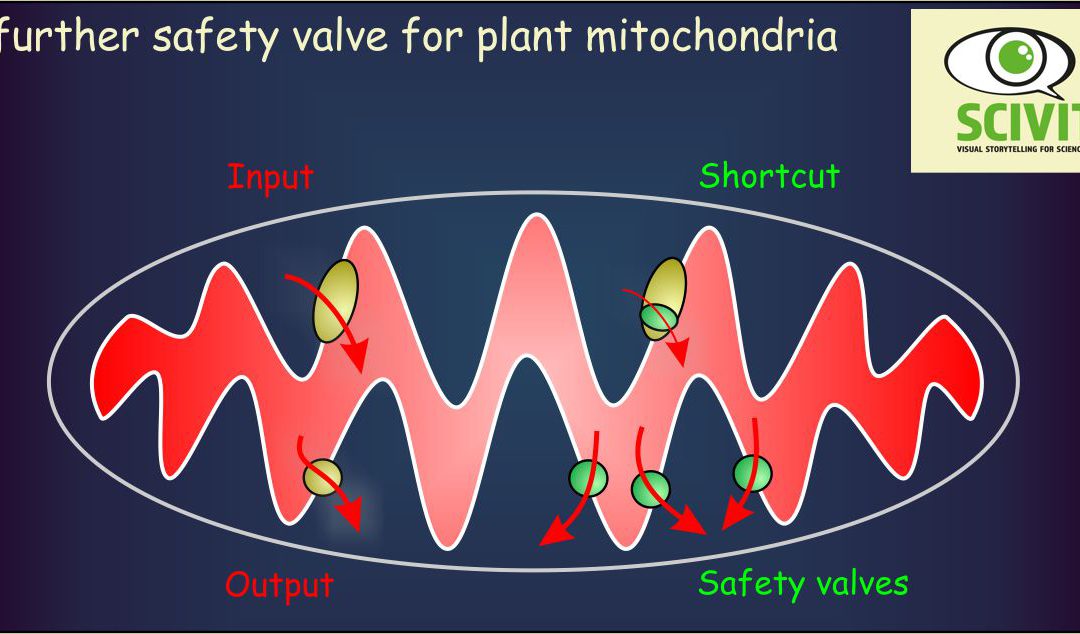
von Thomas Fester | Jan. 13, 2017 | Biochemistry, News
Mitochondria and the oxyhydrogen reaction Mitochondria are converting the energy from oxyhydrogen into a form suitable for driving biochemical processes (ATP). Energy conversion is achieved by coupling the transfer of electrons from hydrogen to oxygen to the...
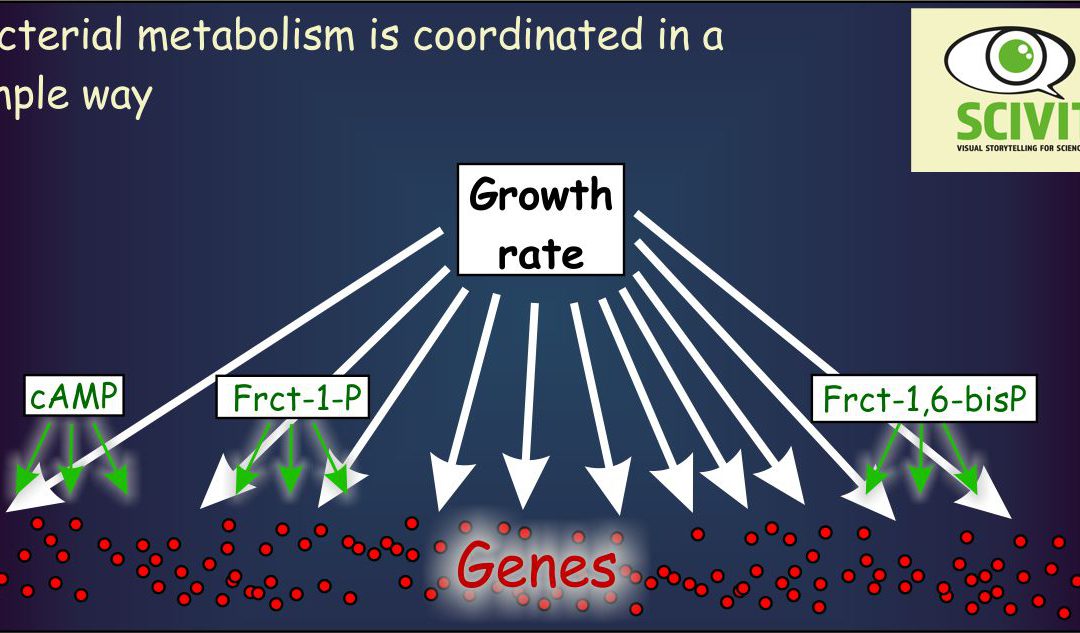
von Thomas Fester | Jan. 13, 2017 | Biochemistry, Biotechnology, News
Bacterial metabolism comprises numerous enzymes, genes and regulating factors Even small, simple bacteria possess a complex metabolism depending on numerous different enzymes. Each enzyme is encoded by one or several genes, controlled by one or several transcription...
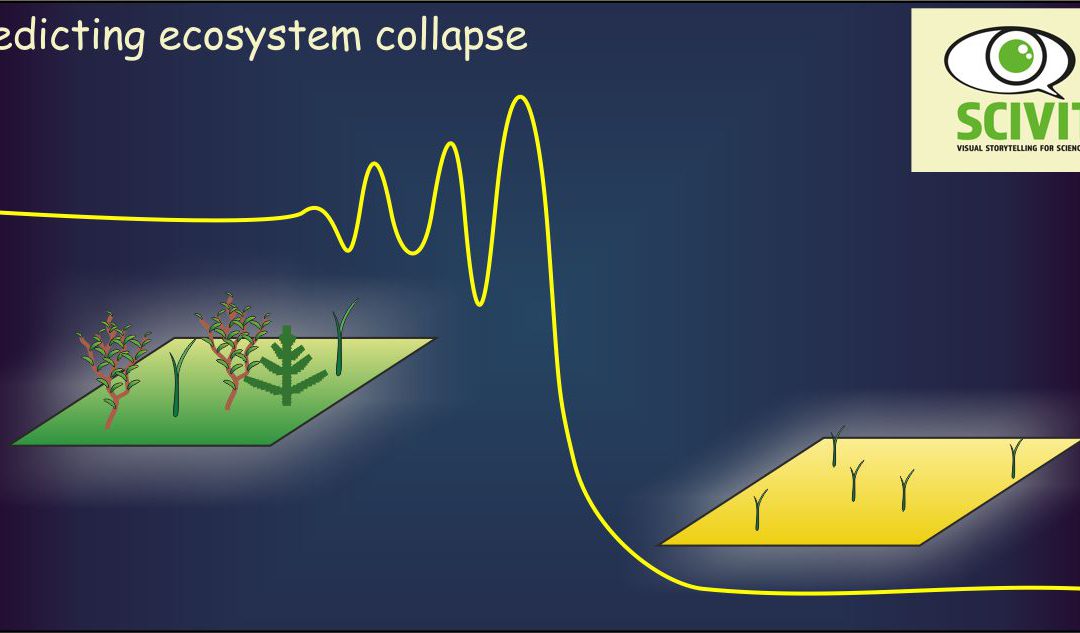
von Thomas Fester | Jan. 13, 2017 | Climate Change, Ecology, News
The human impact on ecosystems Humans are constantly exerting pressures on ecosystems. We are imposing rising temperatures, carbon dioxide and all kinds of chemicals. We are removing material (like wood or fruits) from ecosystems and we are introducing new species....
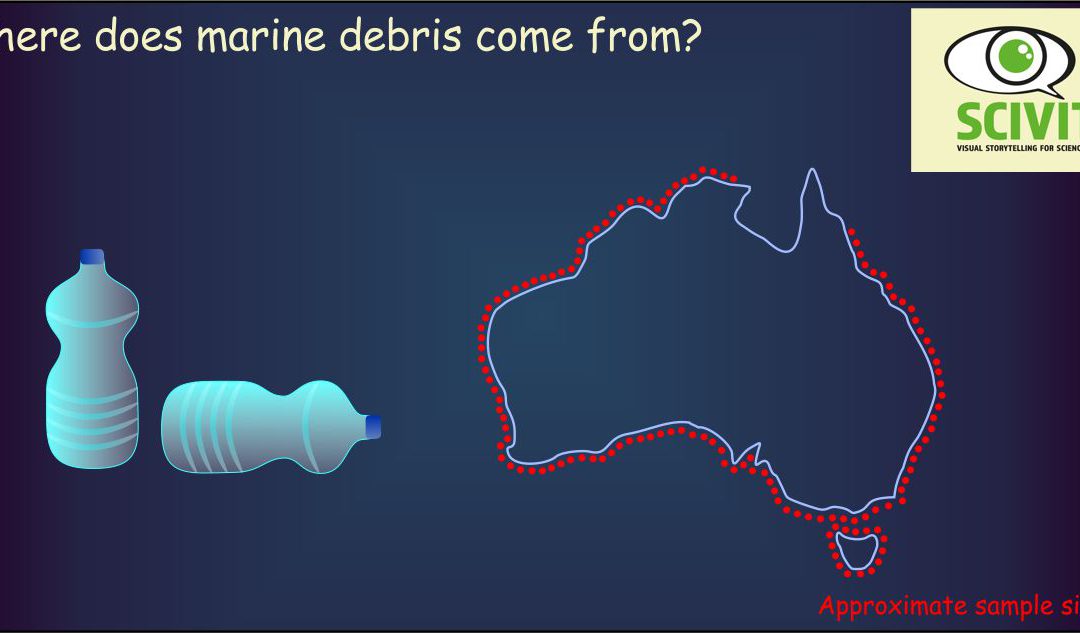
von Thomas Fester | Jan. 13, 2017 | Ecology, News
Global plastic production is increasing exponentially, accompanied by the accumulation of plastic debris in our seas. Debris affects marine animals, shipping routes and tourism and is increasingly regarded as a threat to marine ecosystems. But where does the debris...
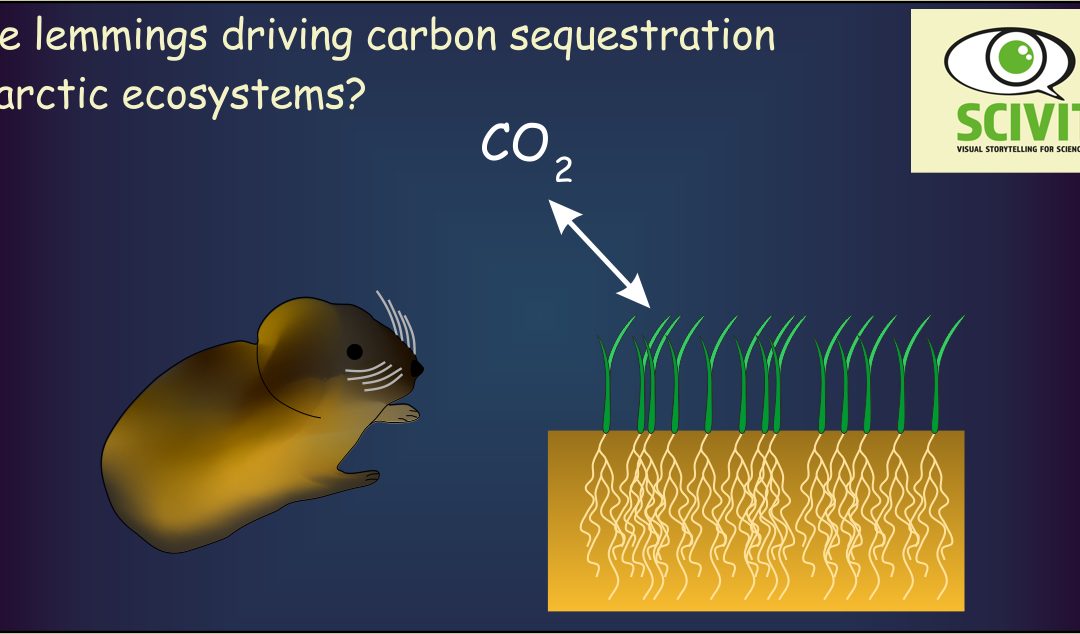
von Thomas Fester | Jan. 13, 2017 | Climate Change, Ecology, News
A delicate balance determines the sink or source character of soils. Soils may either serve as a sink or as a source for carbon dioxide. They are sinks, when the formation of organic matter by plants dominates. The preponderance of microbial degradation of soil...
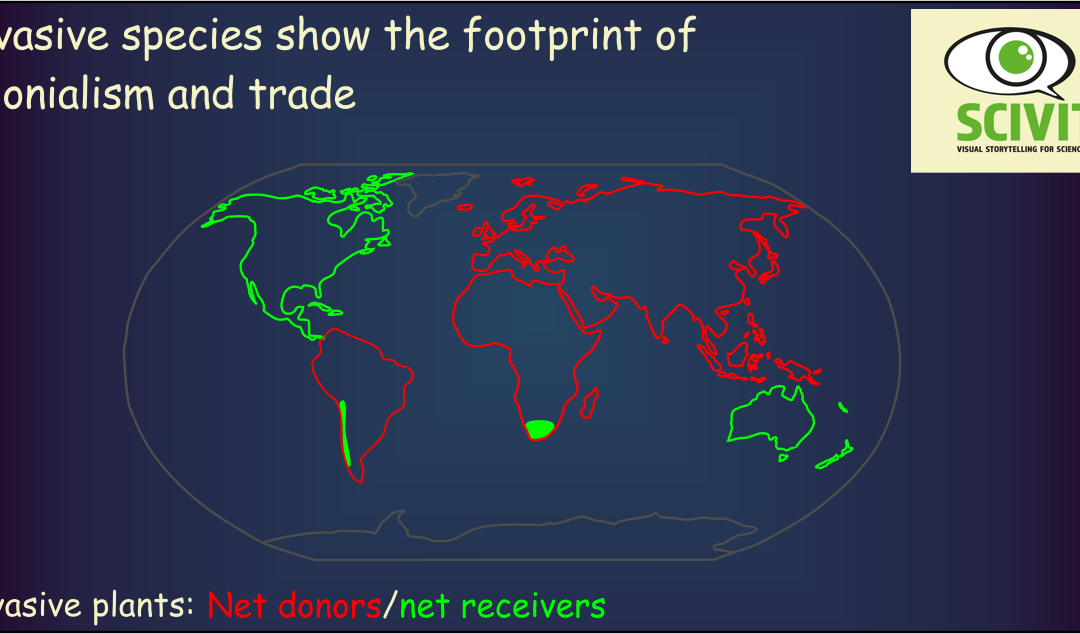
von Thomas Fester | Jan. 13, 2017 | Ecology, News
Plants and animals have always migrated from one continent to another. Due to human activity, however, migration rates are much higher now than they have been before. This not only threatens the existence of less competitive species restricted to a certain region....







Neueste Kommentare